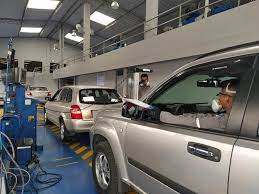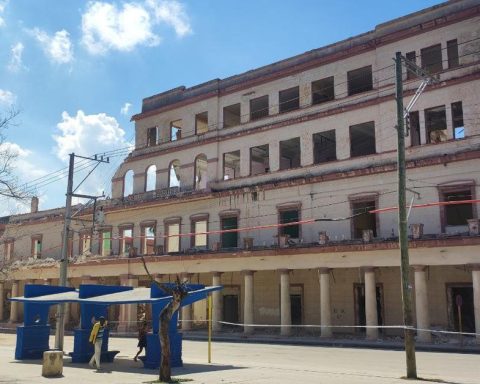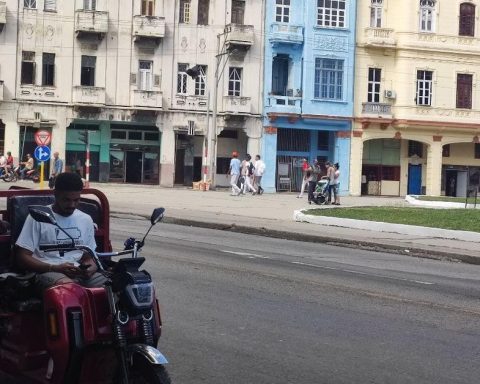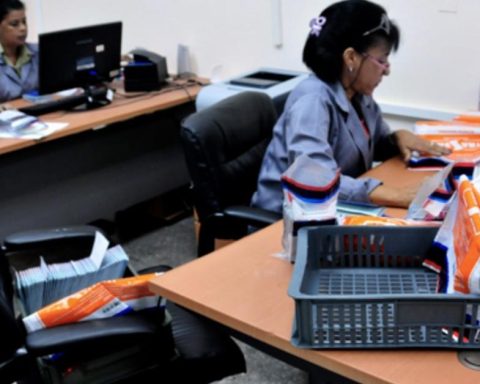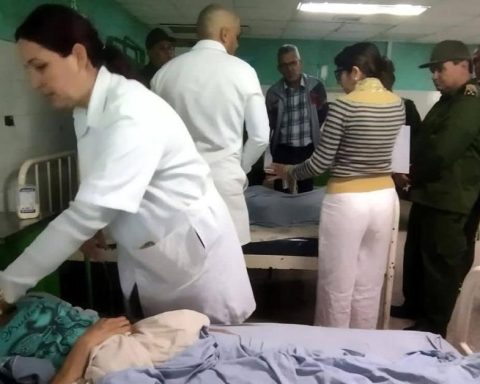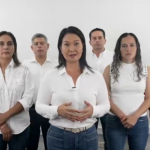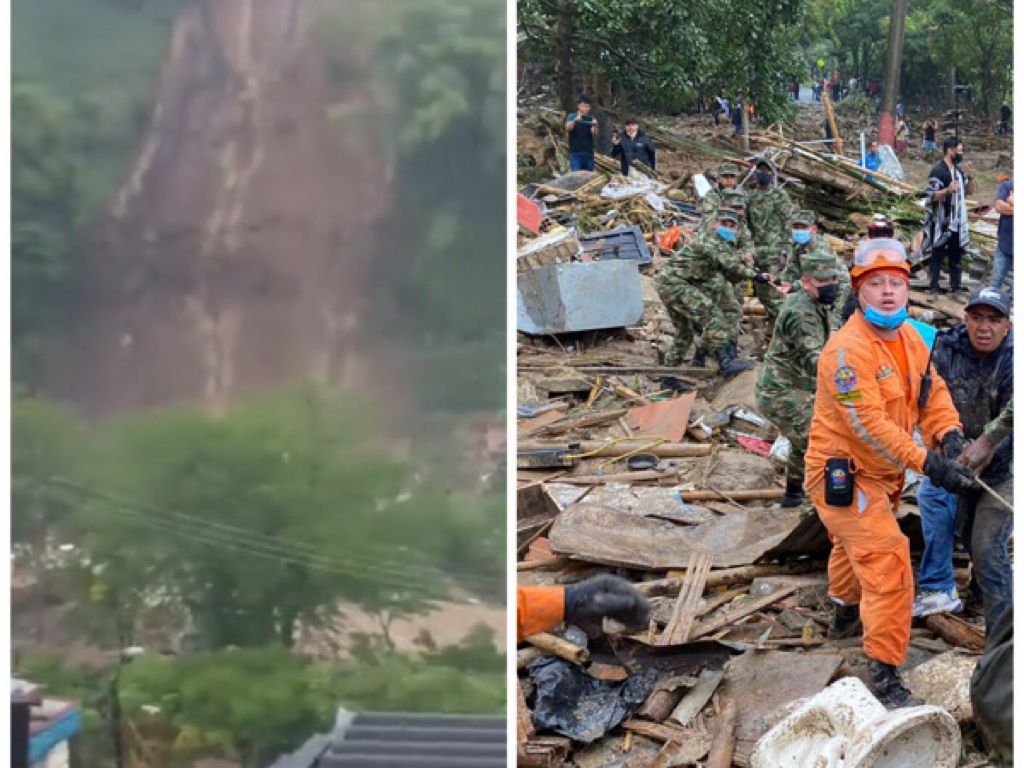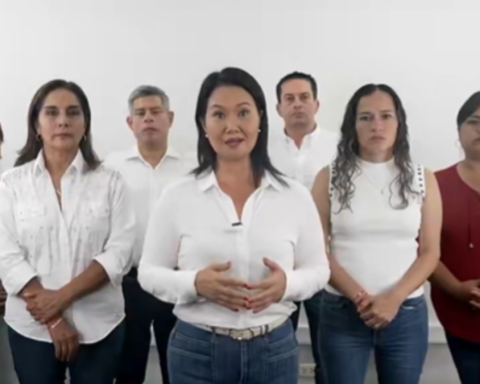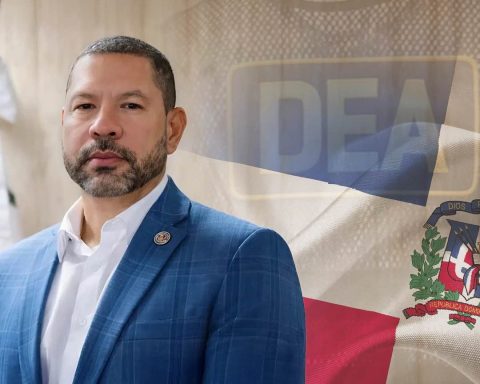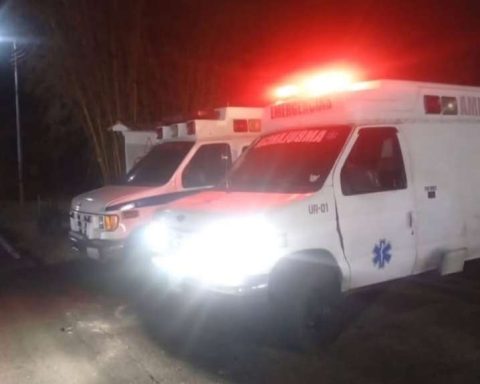Silvana Vallejo, director of the Metropolitan Transit Agency (AMT), explained why the vehicle inspection process was delayed.
Silvana Vallejo, director of the Metropolitan Transit Agency (AMT), reported on the rescheduling of the vehicle technical review in Quito. He indicated that since July 2022 will start this process.
In the ordinary session 203 of the Metropolitan District Council, Vallejo pointed out the strategy that will be used so that the owners of vehicles public and private meet this requirement, prior to enrollment in the country. In addition, he explained the reasons why this service has been delayed.
We keep this information permanently updated, so that the GADs verify the approved vehicles and the vehicle registration process is carried out without problems.
You can access through: https://t.co/cOSoHI49uN#Together We Made It#ANTServices pic.twitter.com/LbsMHb41c9
– ANT Ecuador (@ANT_ECUADOR) February 7, 2022
“Does not exist contract valid with the vehicle inspection centers. This ended in 2018 and has not yet been settled. The strategies, according to current regulations, will be comprehensive and inter-institutional”, indicated the director of the AMT.
Until April 2022, the liquidation of the contract with the two operators that provided this service. While, with the National Transit Agency (ANT), the rescheduling of vehicle technical inspection which will start in July 2022, with digits 1 and 2 and will last until November.
The vehicles that they did not perform vehicle review in 2021, public, school, commercial or freight transport, and vehicles who perform this process for the first time could carry out the vehicle technical review in the GAD surrounding Quito, from February to November. Around 157,834 vehicles could access this service. They will have to carry out the process with the respective fine.
Regarding the concern of air quality and what could happen during the following months, the director of the AMT indicated that during the six months there would be no critical levels of emissions. “We do not have a high percentage of emissions. We are not at critical levels; 63% of vehicles They passed the vehicle technical review in 2021.” (AVV)
IT MAY INTEREST YOU:
Financial fasting can help reduce expenses
Pre-allocations leave little to share from rising oil prices
